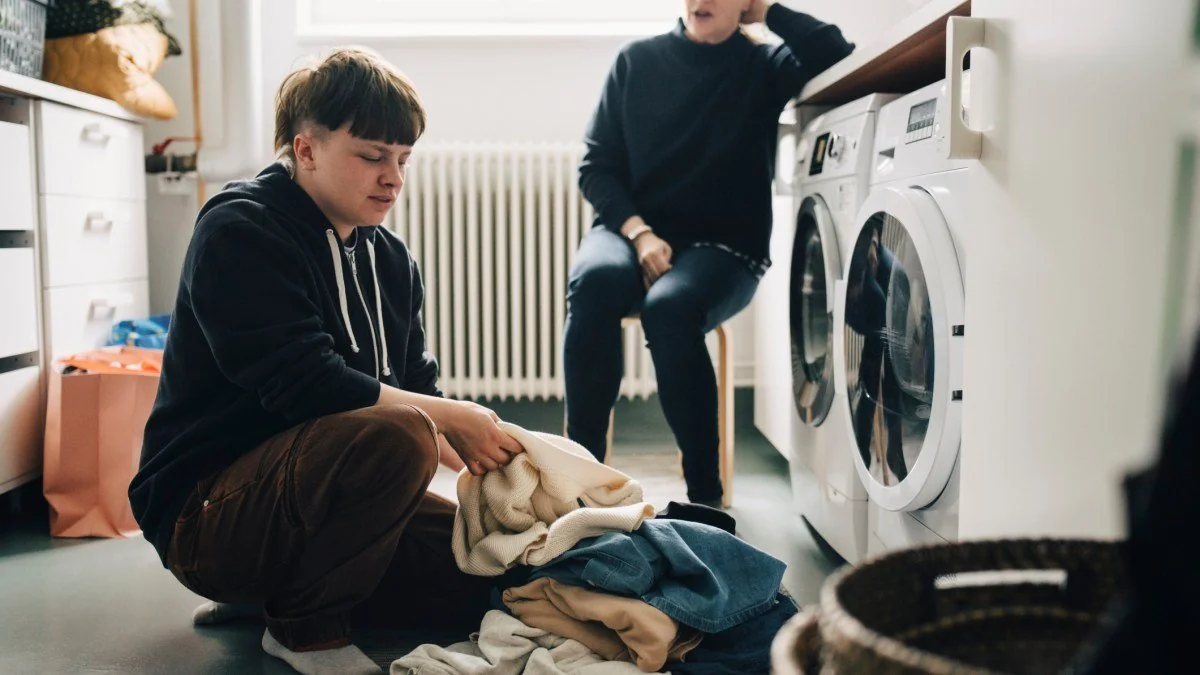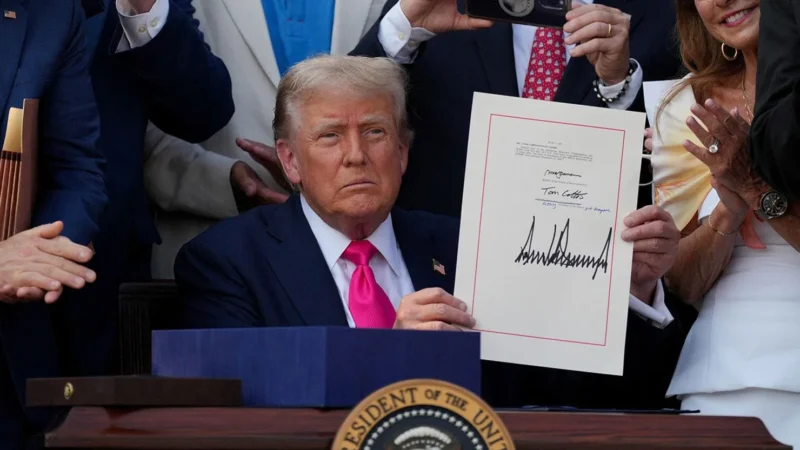Solving the housing crisis means accepting that homes bought cheap in the 80s and 90s can’t stay wildly overpriced forever: Opinion

Everybody wants cheaper homes, but no one wants their home to lose value — or as Jean Chrétien might say today: every Canadian politician loves to say “housing affordability” while refusing to mention falling prices.
Earlier this year on The Globe’s City Space podcast, Prime Minister Justin Trudeau was asked if improving affordability means home values must fall. “No,” he replied. “I think housing prices and houses will always be valuable in this country,” but added, “anyone who hopes for housing prices to remain on the kind of trajectory they’ve been on over the past decade or two should maybe think about what kind of society or world they want to live in.” At the same time, he insisted “housing needs to retain its value,” because “it’s a huge part of people’s potential for retirement and future and nest egg.” So, he concluded, “we need to keep housing stable and valuable, but have to make sure more people can get into it.”
That contradiction isn’t unique to Trudeau — the math is simple, but the politics aren’t. Conservative Leader Pierre Poilievre says “build the homes,” but avoids saying “build them to lower prices.” That would be political suicide. Voters don’t like hearing that their biggest investment might stop appreciating. As Charles Mackay put it in Extraordinary Popular Delusions and the Madness of Crowds, truth rarely gets a warm welcome.
Mortgage rates shot up after 2022, making things worse, but home prices had already climbed for three decades. Lower interest rates kept boosting what buyers could borrow, and since supply didn’t match the growing population, prices soared. The pandemic’s ultralow rates took things to new extremes, and since then, historic levels of immigration have only raised demand.
Since 1999, home prices in Toronto have risen nearly fivefold, and in Vancouver, by over 5.5 times, according to the Teranet–National Bank index. These aren’t just city issues — the whole metro regions and surrounding towns have surged. Since 2005, Hamilton, Oshawa, Kitchener-Waterloo, Guelph, Barrie, and Niagara have all seen sharp increases. In B.C., Abbotsford-Mission is up 254.9%, close to Vancouver’s 267.7%.
As of 2025, you need $109,000 in income to buy the average home in Edmonton, $150,000 in Calgary, $243,000 in the Toronto region, and $260,000 in Metro Vancouver. A detached home in Vancouver? Try $347,000. Lower mortgage rates might help payments, but they also push up prices. Rising wages help buyers — but unless supply outruns demand, that too just drives prices higher.
To fix affordability, prices need to fall or grow more slowly than inflation. That only happens when housing supply grows faster than demand — or population growth slows down. No wonder no one in politics wants to say that out loud.
So if you’re a homeowner scared your house might drop in value, relax. There’s little evidence affordability will improve anytime soon. The Trudeau government’s promise to double homebuilding isn’t feasible, and their talk of curbing the immigration spike they sparked is, so far, just that — talk.
Politicians still aren’t ready to say what it’ll really take to fix this. And most voters still don’t want to hear it.



